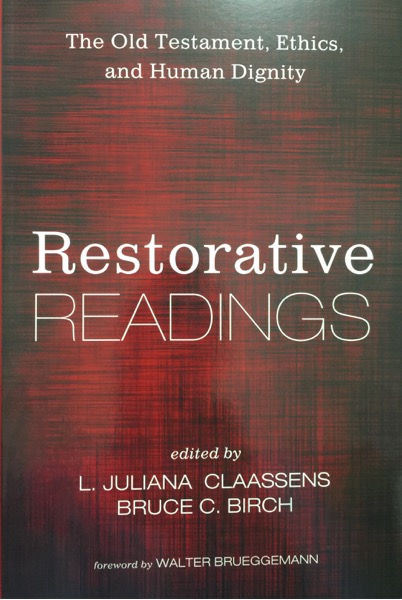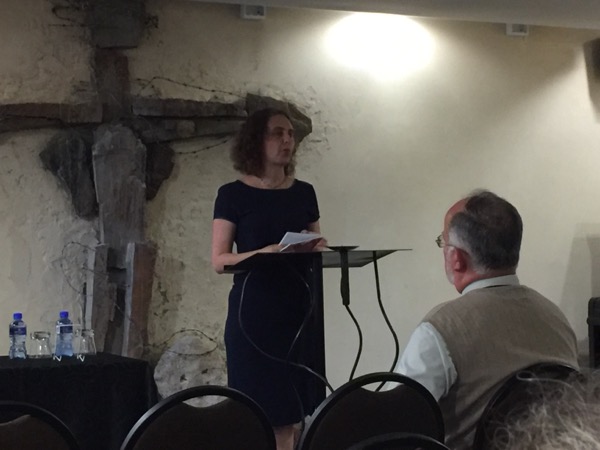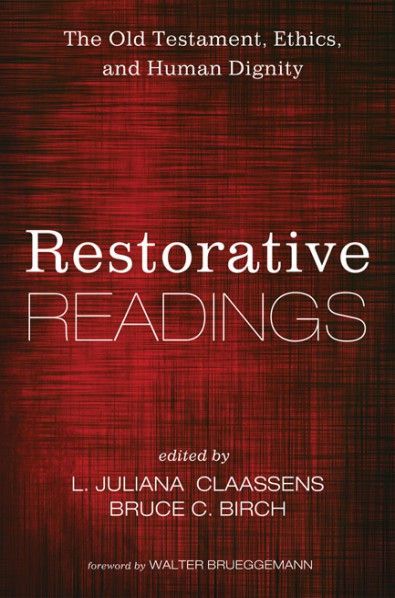When the Bible is dangerous and when it brings life - An interview with Gerald West
 Wednesday, August 8, 2018 at 9:25AM
Wednesday, August 8, 2018 at 9:25AM The Bible is a source of great inspiration, encouragement and blessing for millions of people. However, for many persons, communities and contexts, it is also the source of great suffering and struggle. While the text and narratives of the books of the Bible can inspire, encourage, and bless, they can also be used to destroy, to deny, to harm and to support human rights abuses, the destruction of creation, and the perpetration of injustice.
Today’s VLOG is one of the most important I have done to date - it is a conversation with Prof Gerald West of the University of KwaZulu Natal, and the Ujamaa Centre for Biblical and Theological Community Development and Research. Gerald is widely regarded as the world leader in this field, and Ujamaa is considered the foremost centre of its kind. They not only pioneered the work of Contextual Bible Reading in South Africa, but Gerald, and the Ujamaa teams and the communities they have worked with, have served to help Christians, theologians, community workers, pastors and other interested parties, to engage the Biblical text with care and responsibility. Their work is a testimony to the importance of the Bible, and the necessity of doing careful, community based, and scholarly credible, readings of the Bible.
You can find out more about the work of the Ujamaa centre here, and as Gerald mentioned, there are a lot of free and helpful resources.
- Ujamaa centre: http://ujamaa.ukzn.ac.za/Homepage.aspx
- Here is Prof Gerald West’s academic page: https://ukzn.academia.edu/GeraldWest/
- Here is a link to Gerald’s latest book, published by Brill: West, Gerald O. The Stolen Bible: From Tool of Imperialism to African Icon. BRILL, 2016. https://brill.com/view/title/24146.
- Prof Charlene van der Walt’s book: Van der Walt, Charlene. Toward a Communal Reading of 2 Samuel 13. Elkhart, IN: Institute of Mennonite Studies, 2014.
- And here is a link to my new book: Forster, Dion A. The (Im)Possibility of Forgiveness? An Empirical Intercultural Bible Reading of Matthew 18:15-35. 1st ed. Vol. XI. Beyers Naudé Centre Series on Public Theology. Stellenbosch, South Africa: SUN Press, 2017. http://www.africansunmedia.co.za/…/Product…/498/Default.aspx.
Thanks for watching! As always, I would love to hear your comments, suggestions, ideas, feedback and questions!
Please subscribe and like the video!
You can follow me on:
Academia (research profile): https://sun.academia.edu/DionForster
Twitter: http://www.twitter.com/digitaldion
Instagram: http://www.instagram.com/digitaldion
Web: http://www.dionforster.com
Youtube: http://www.youtube.com/dionforster






